-
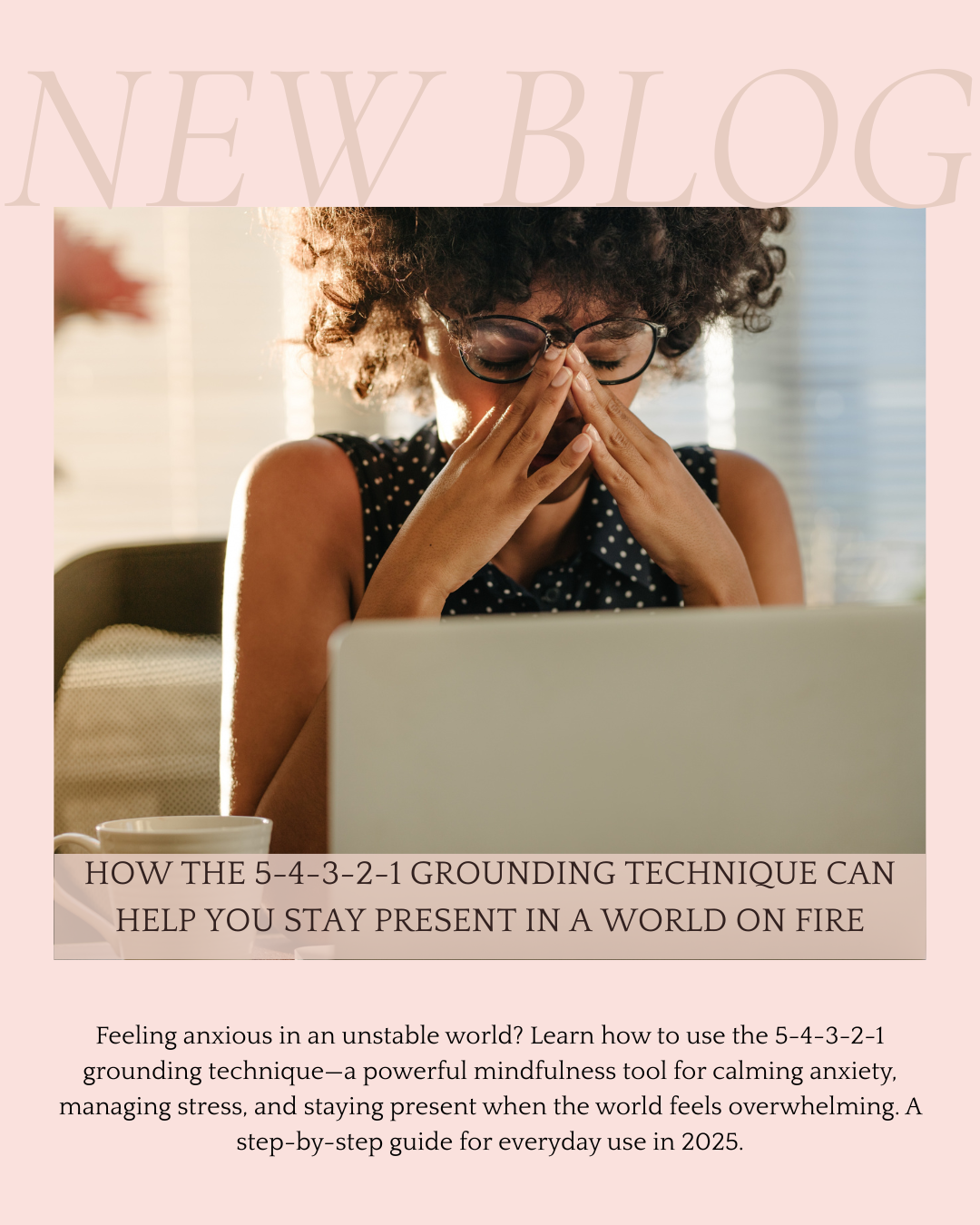
How the 5-4-3-2-1 Grounding Technique Can Help You Stay Present in a World on Fire
•
Feeling overwhelmed by the pace of change in the world? The 5-4-3-2-1 grounding technique is a science-backed way to calm your mind and reconnect with the present moment—using nothing but your senses. This post walks you through exactly how to use it when anxiety spikes in uncertain times.
-
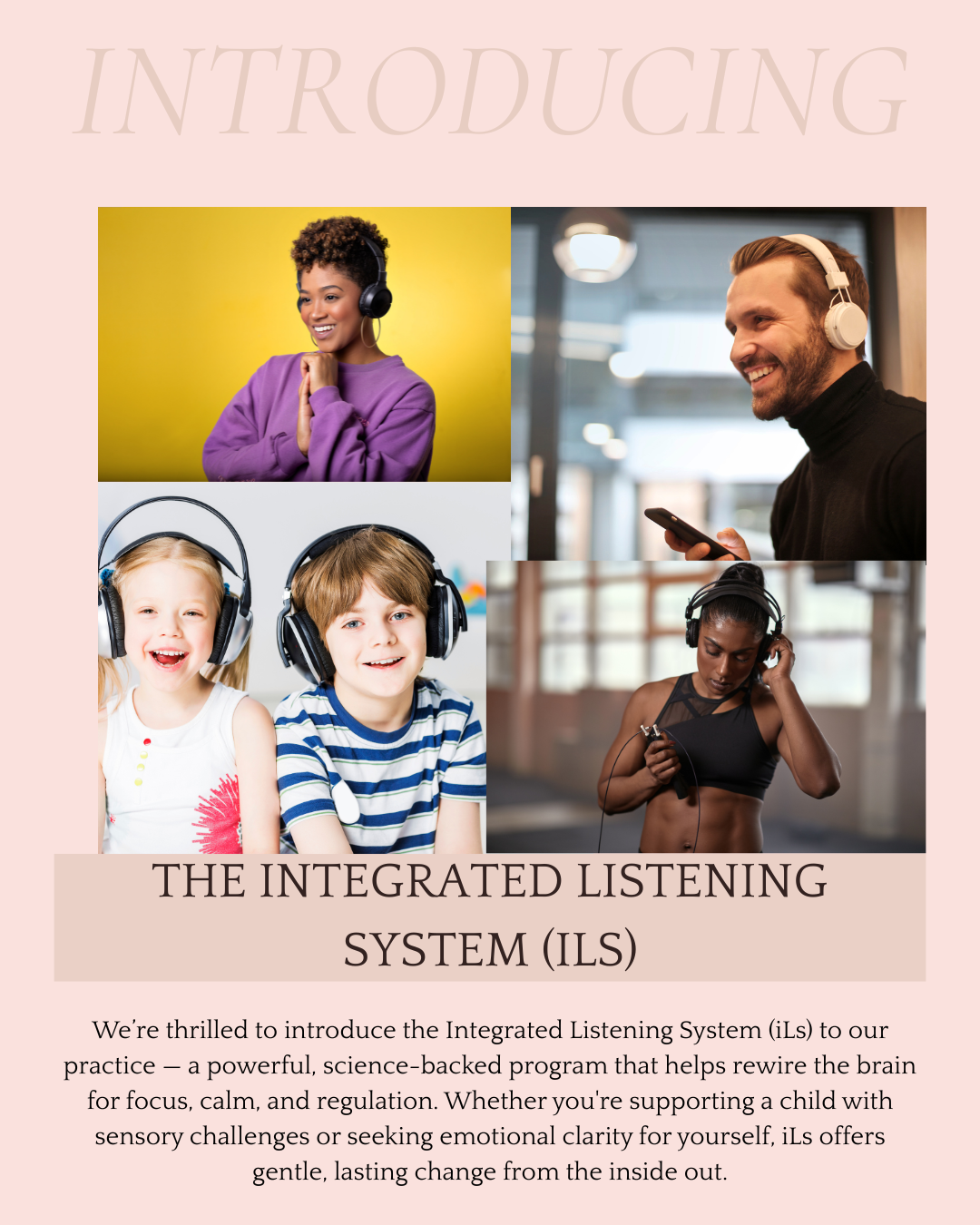
New to Our Practice: The Integrated Listening System (iLs)
•
We’re thrilled to introduce the Integrated Listening System (iLs) to our practice — a powerful, science-backed program that helps rewire the brain for focus, calm, and regulation. Whether you’re supporting a child with sensory challenges or seeking emotional clarity for yourself, iLs offers gentle, lasting change from the inside out.
-
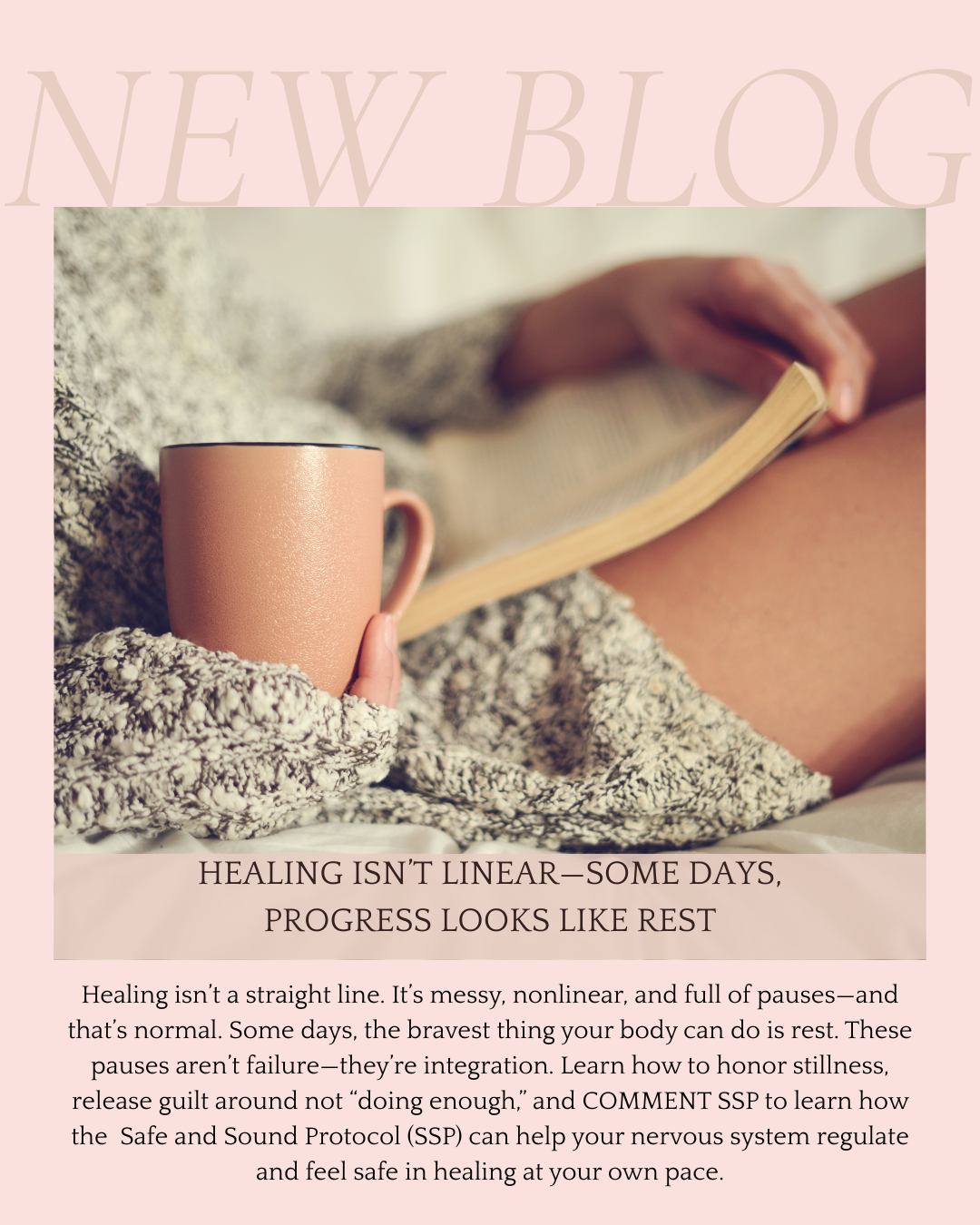
Healing Isn’t Linear—Some Days, Progress Looks Like Rest
•
Healing doesn’t always look like growth—it often looks like stillness. If you’ve ever felt like you were going backward because your energy disappeared or your progress paused, you’re not failing. You’re integrating. In this post, we explore why healing is nonlinear, how to work with your body instead of pushing against it, and why…
-

Forgiveness Isn’t Trust—It’s Releasing the Burden They Left Behind
•
Forgiveness is often misunderstood. It’s not about trusting again or forgetting what happened—it’s about choosing peace, even if they never apologize. When you’ve been betrayed or emotionally harmed, your nervous system holds onto that pain, replaying it like a loop. This blog explores how forgiveness is a way to free yourself—not to let them…
-
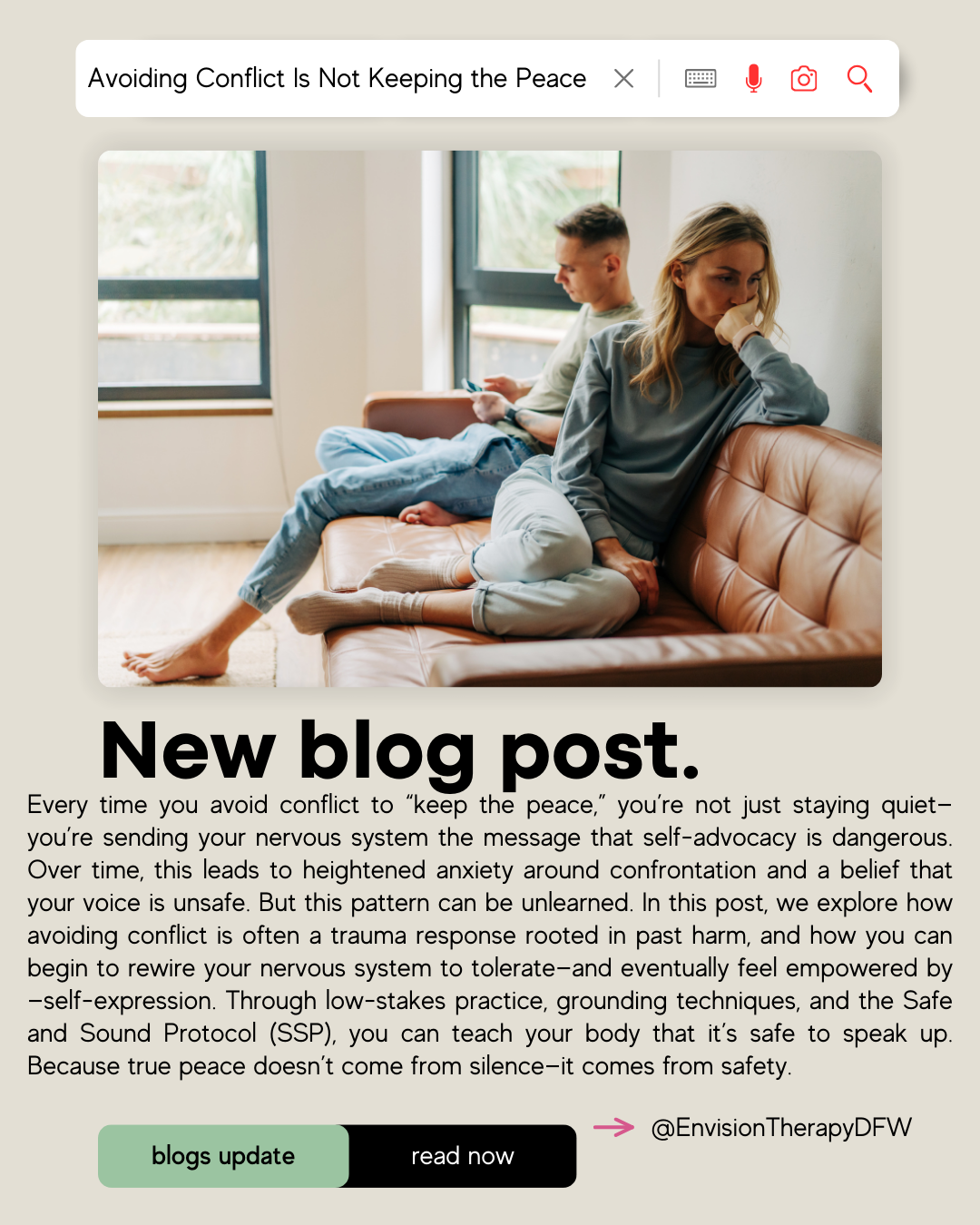
Avoiding Conflict Is Not Keeping the Peace
•
Every time you avoid conflict to “keep the peace,” you’re not just staying quiet—you’re sending your nervous system the message that self-advocacy is dangerous. Over time, this leads to heightened anxiety around confrontation and a belief that your voice is unsafe. But this pattern can be unlearned. In this post, we explore how avoiding…
-
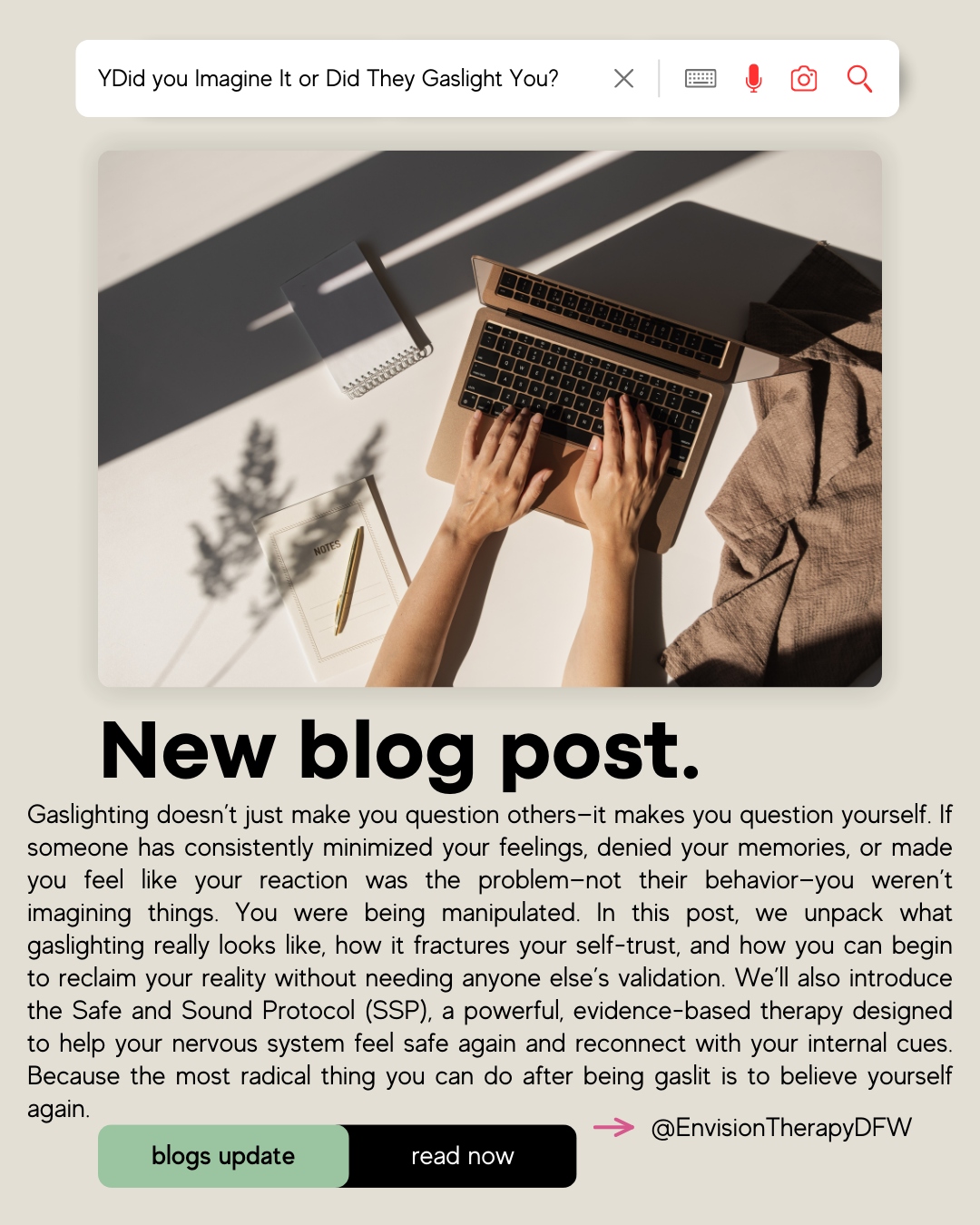
Did you Imagine It or Did They Gaslight You?
•
Gaslighting doesn’t just make you question others—it makes you question yourself. If someone has consistently minimized your feelings, denied your memories, or made you feel like your reaction was the problem—not their behavior—you weren’t imagining things. You were being manipulated. In this post, we unpack what gaslighting really looks like, how it fractures your…
-
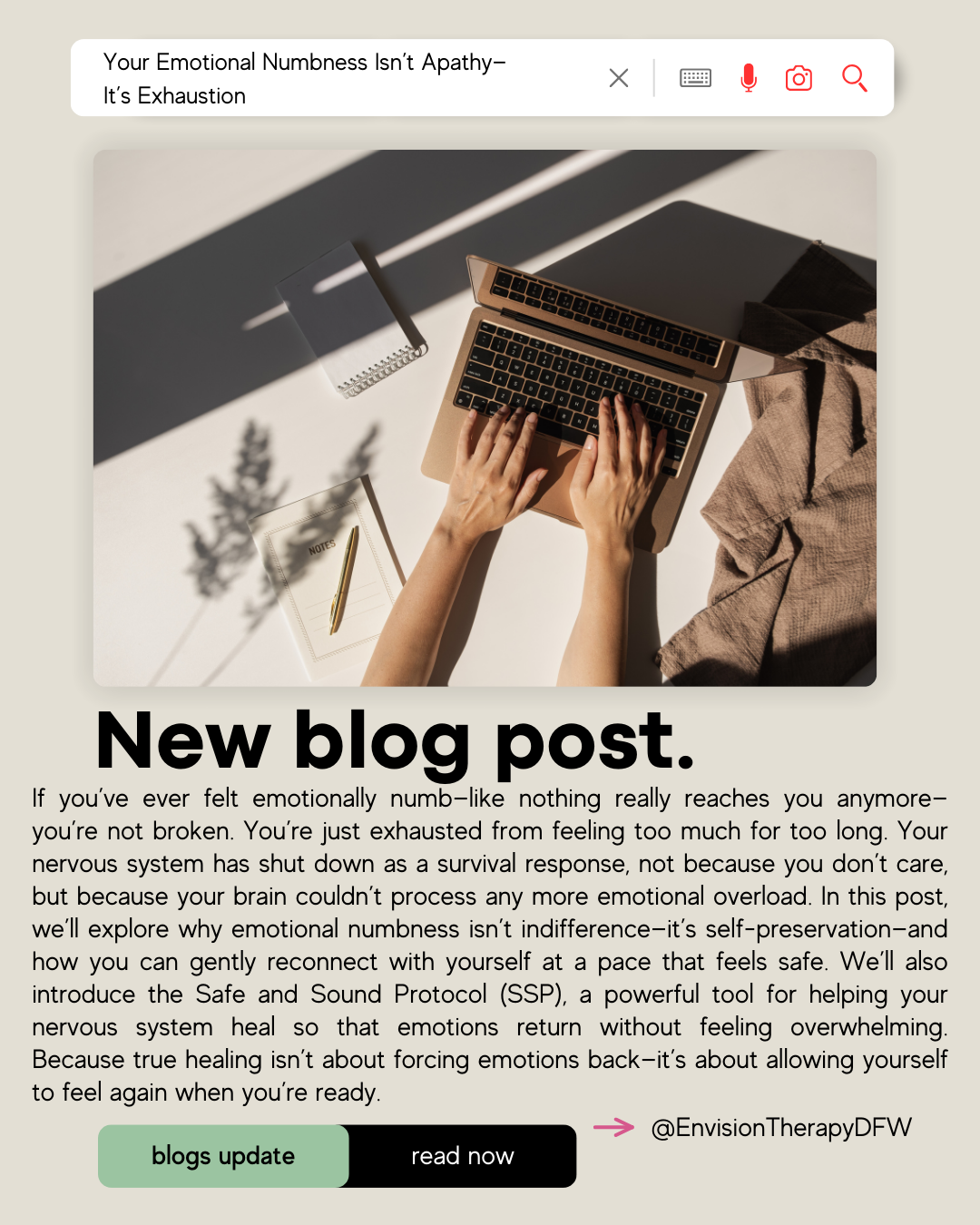
Some of Your Most Polite Behaviors Are Survival Mechanisms
•
People often assume being polite, agreeable, and conflict-avoidant is a personality trait. But for many, these behaviors aren’t kindness—they’re survival tactics. If you grew up in an environment where disagreeing led to consequences, your brain learned to fawn—to make yourself small, quiet, and easy to be around to avoid harm. But you don’t have…
-

Your Emotional Numbness Isn’t Apathy—It’s Exhaustion
•
If you’ve ever felt emotionally numb—like nothing really reaches you anymore—you’re not broken. You’re just exhausted from feeling too much for too long. Your nervous system has shut down as a survival response, not because you don’t care, but because your brain couldn’t process any more emotional overload. In this post, we’ll explore why…
-
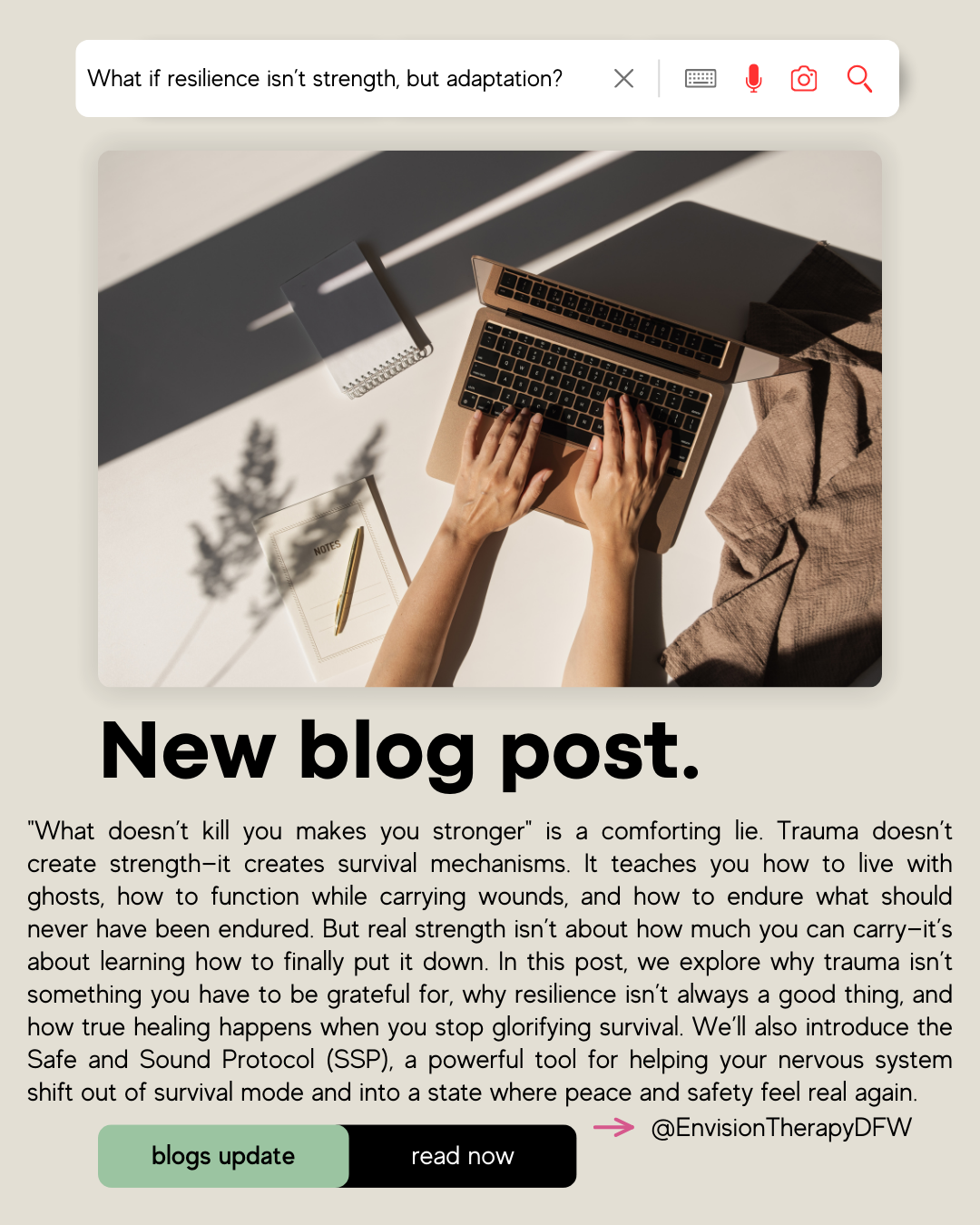
What if resilience isn’t strength, but adaptation?
•
“What doesn’t kill you makes you stronger” is a comforting lie. Trauma doesn’t create strength—it creates survival mechanisms. It teaches you how to live with ghosts, how to function while carrying wounds, and how to endure what should never have been endured. But real strength isn’t about how much you can carry—it’s about learning…
-
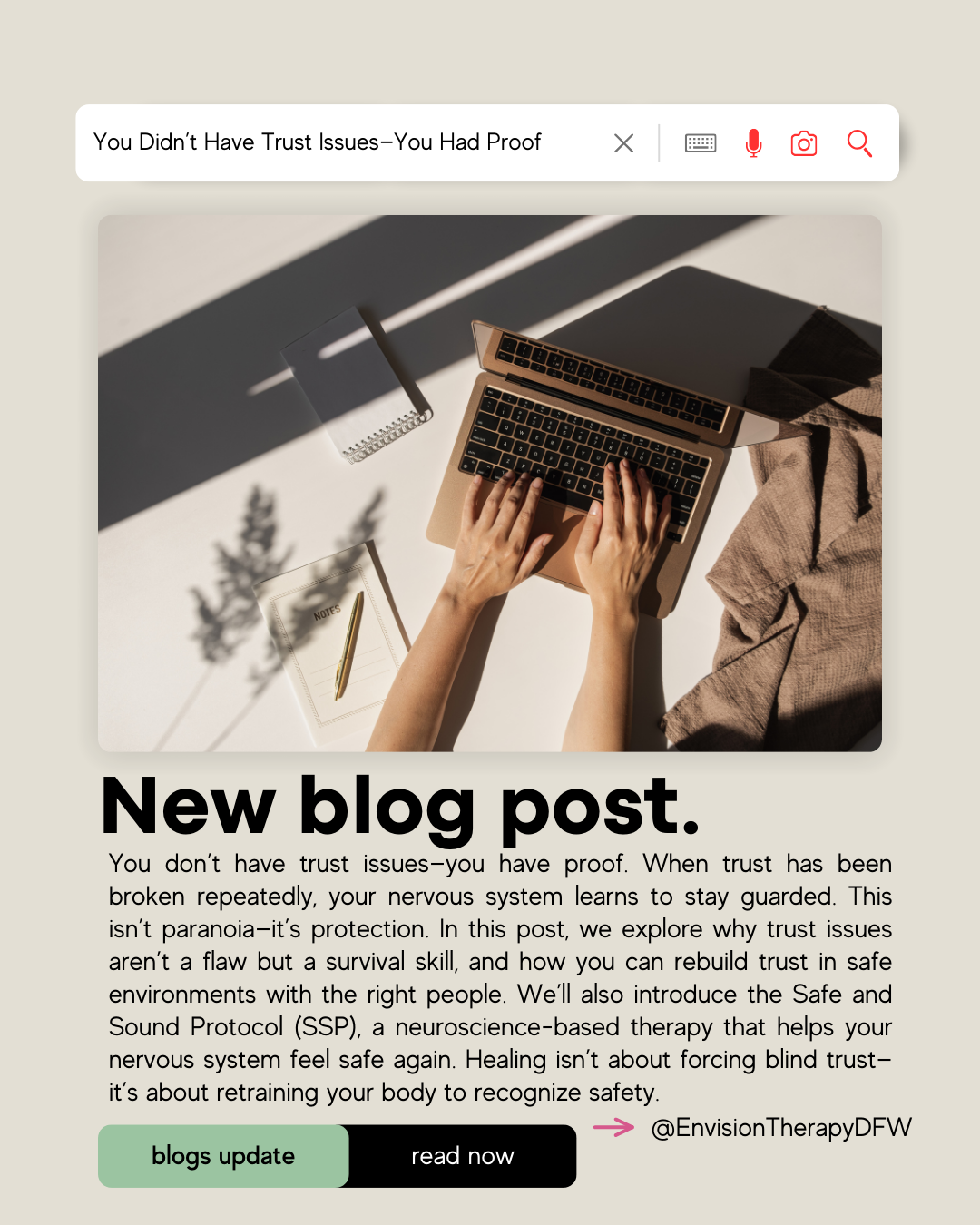
You Didn’t Have Trust Issues—You Had Proof
•
You don’t have trust issues—you have proof. When trust has been broken repeatedly, your nervous system learns to stay guarded. This isn’t paranoia—it’s protection. In this post, we explore why trust issues aren’t a flaw but a survival skill, and how you can rebuild trust in safe environments with the right people. We’ll also…
